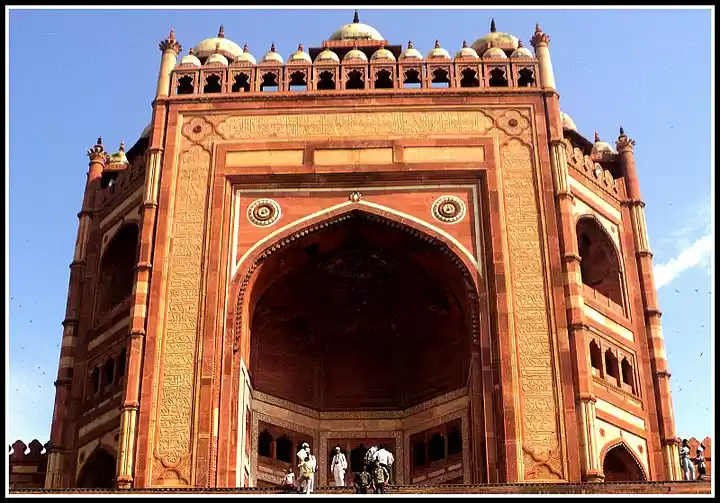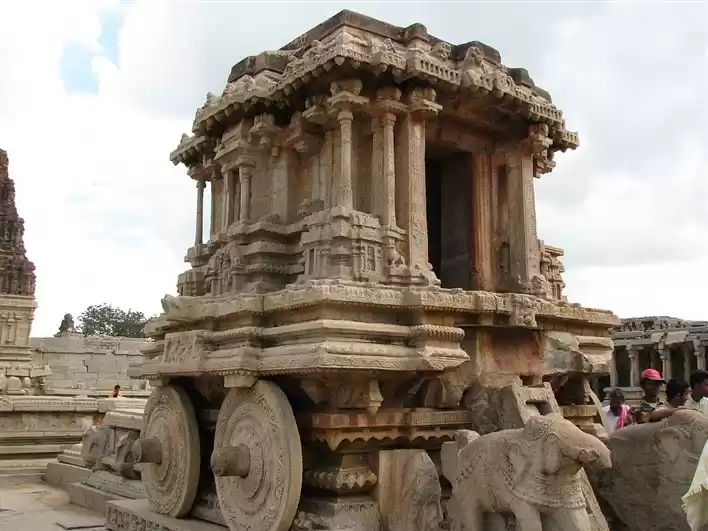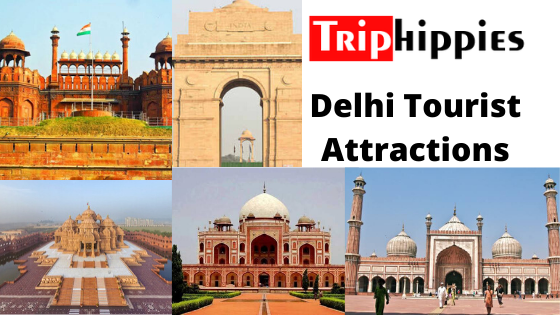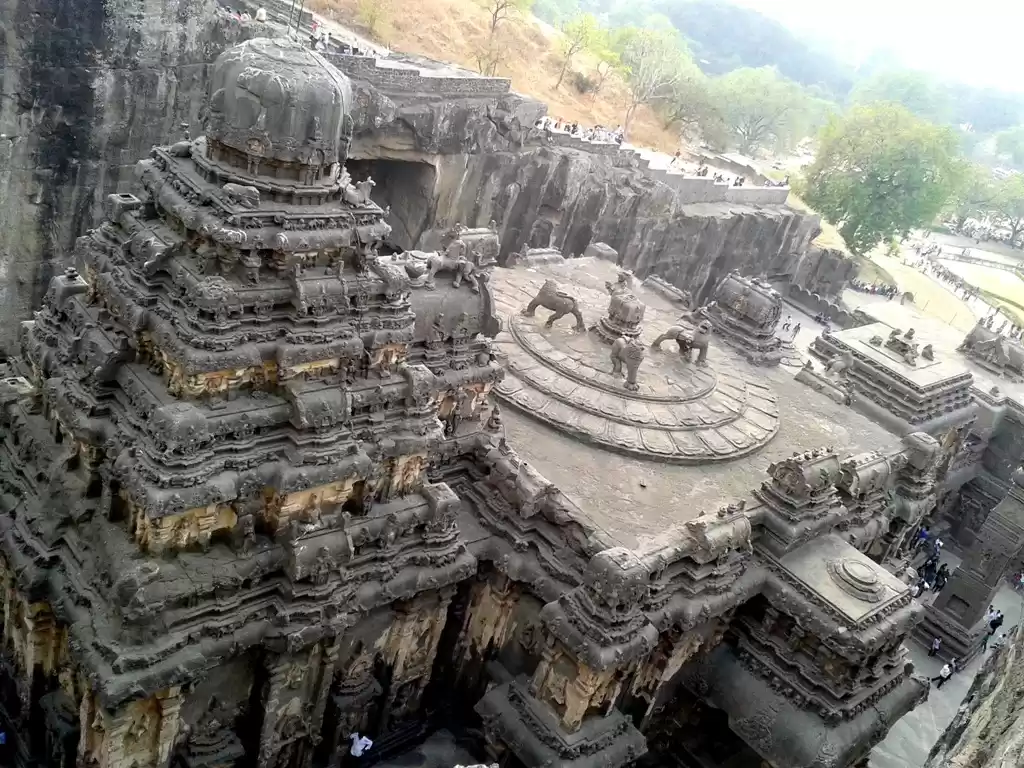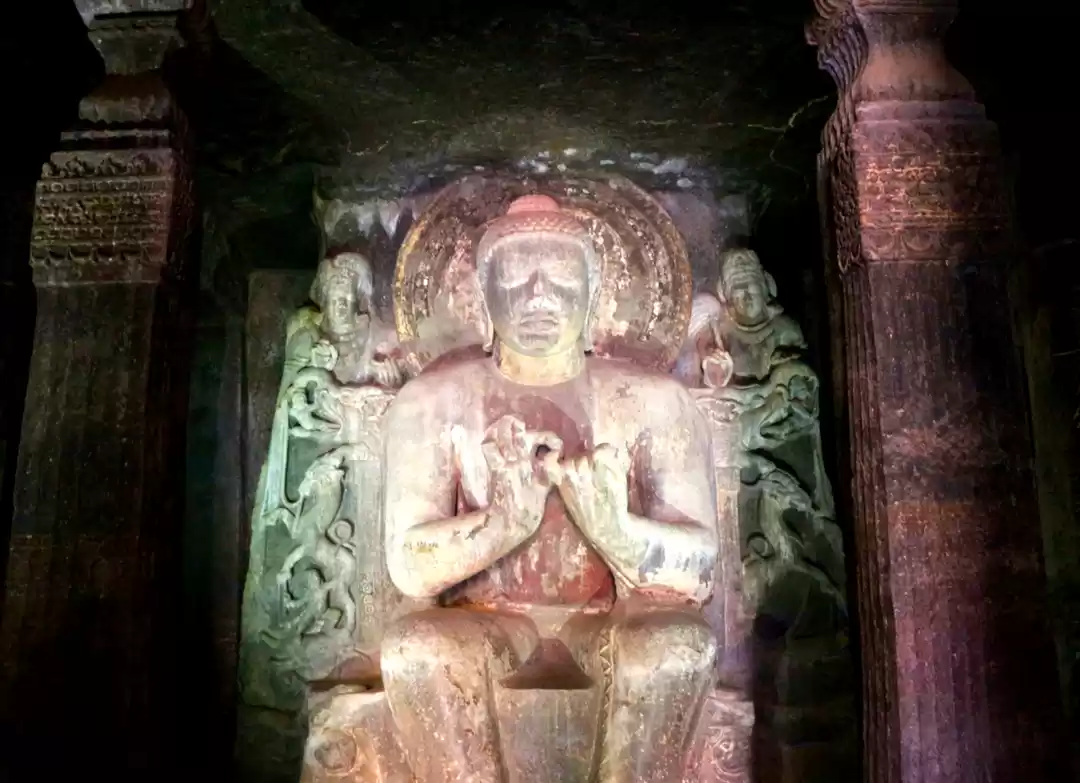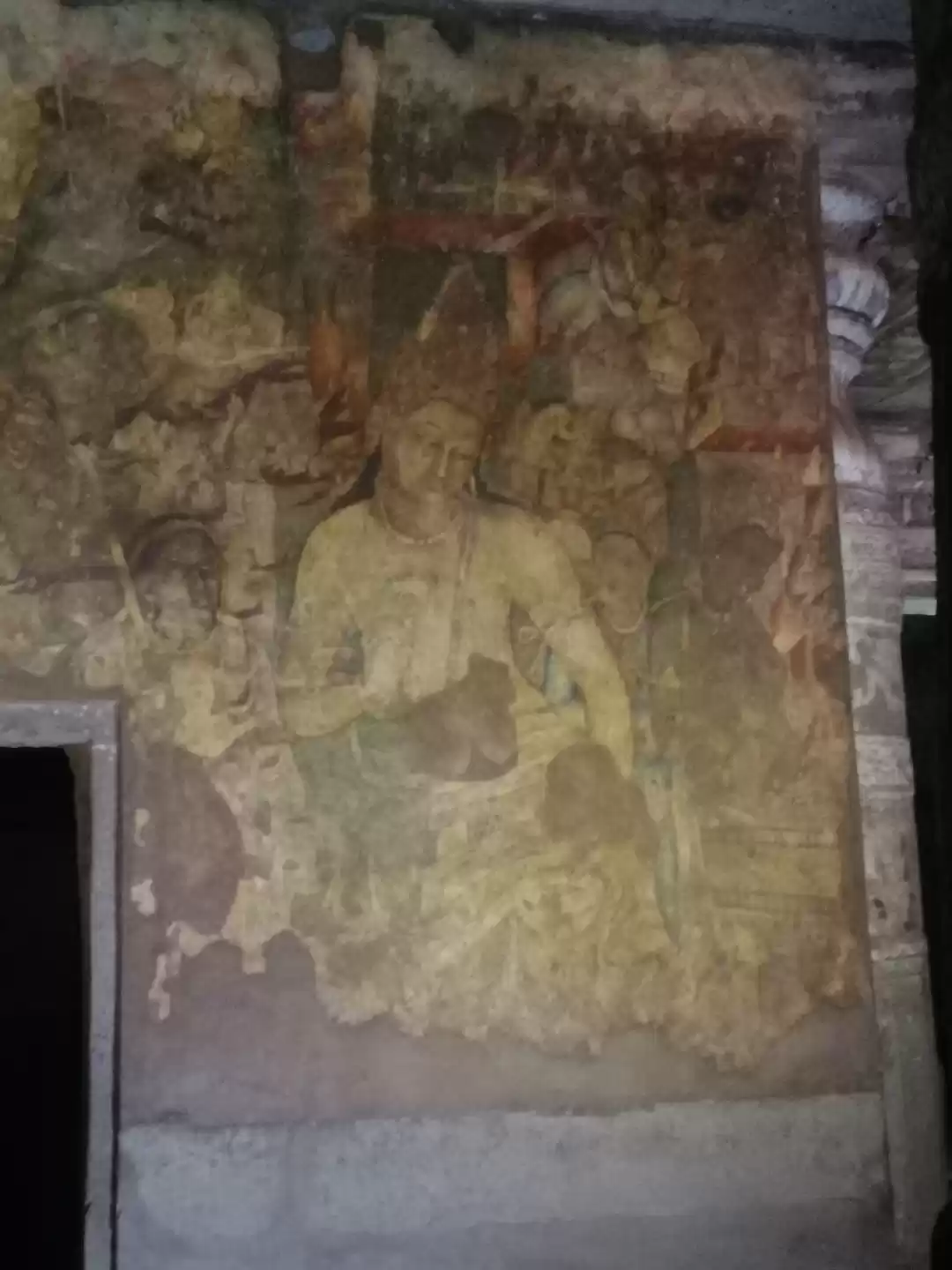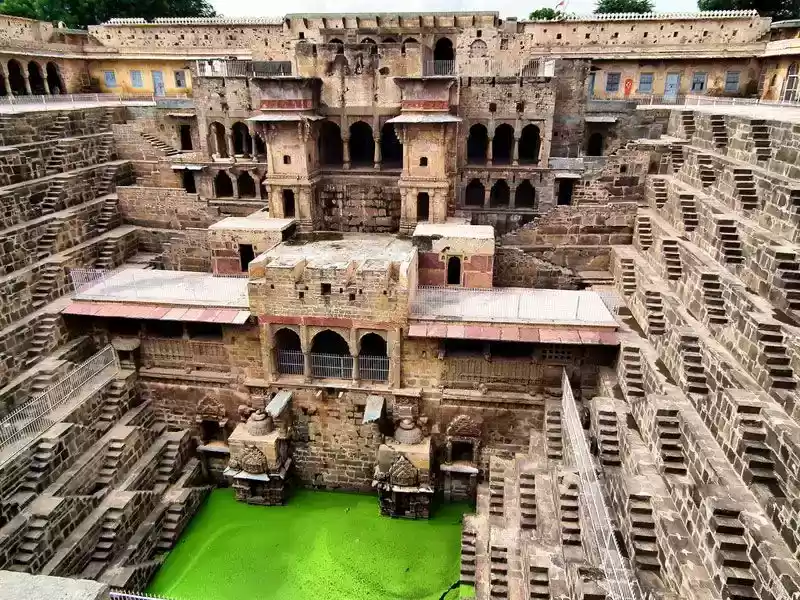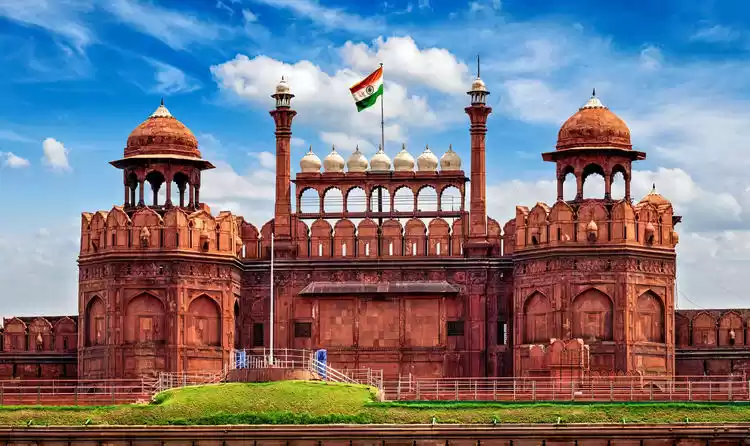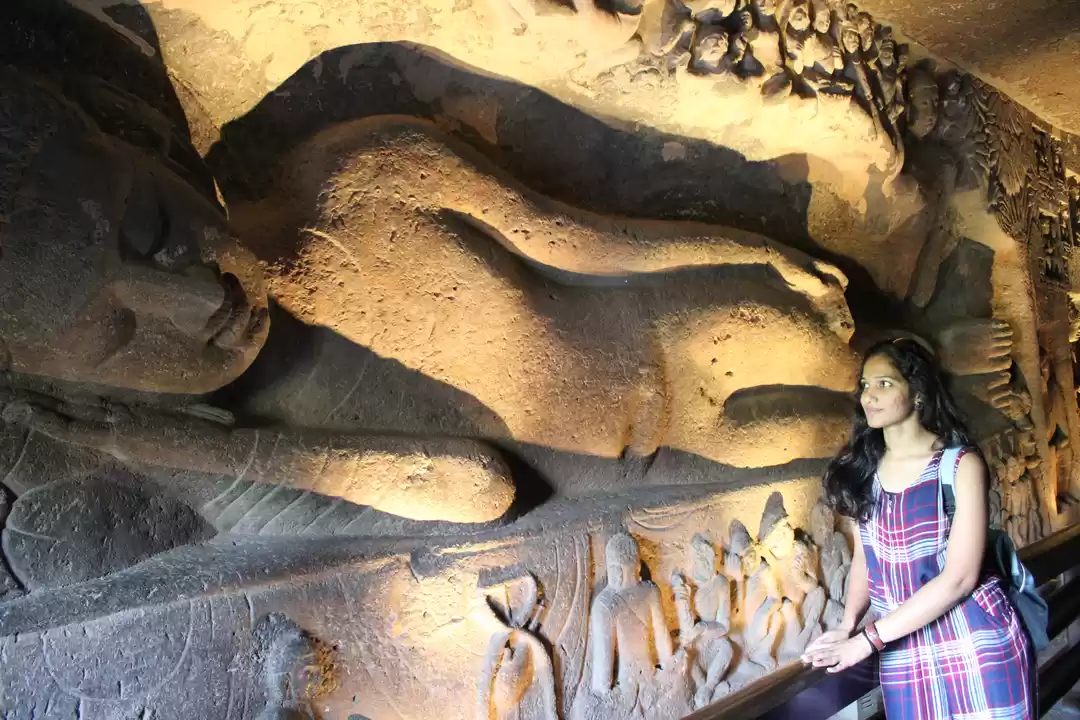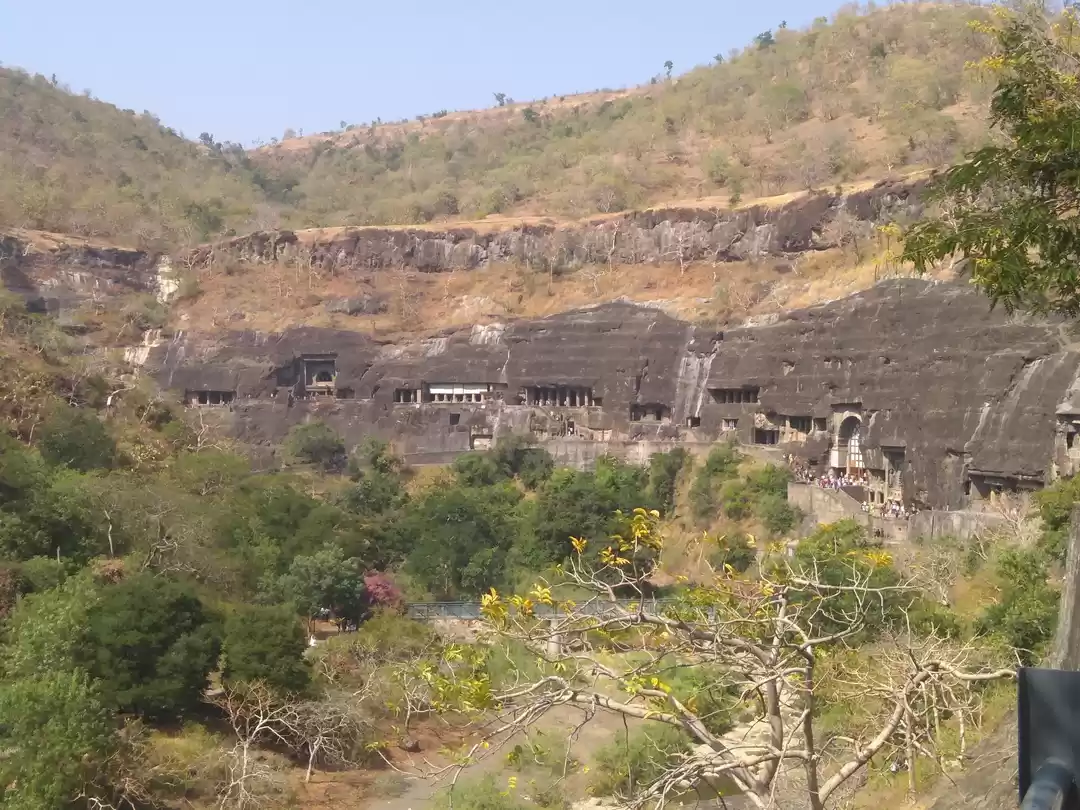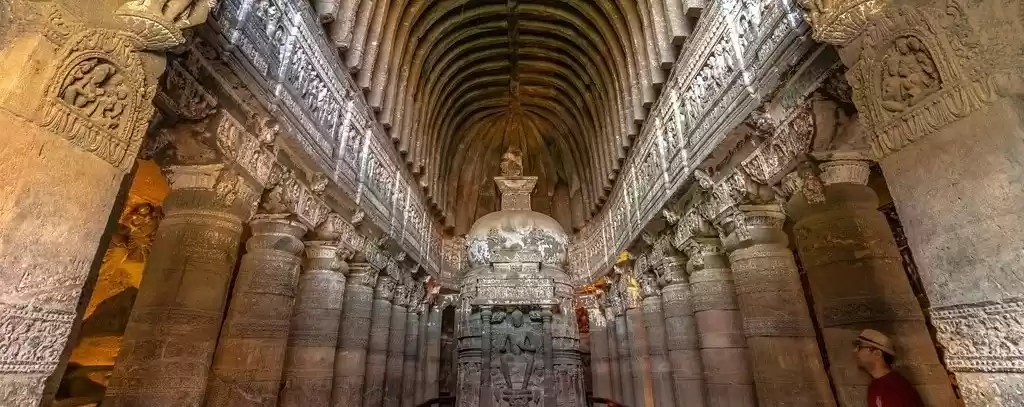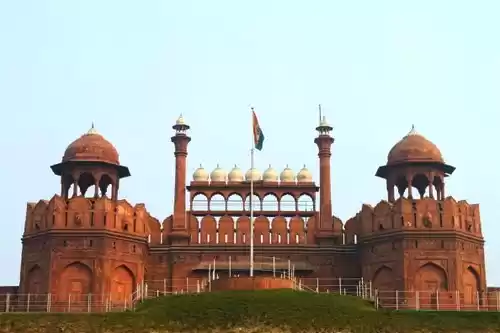The Taj Mahal
The list is incomplete without Taj Mahal, one of the Seven Wonders of the World is a mausoleum. It was built by Emperor Shahjahan in memory of his wife Begum Mumtaz Mahal who had died in 1631. It is a large edifice made in white marble in typical Mughal architecture, a style that combines elements from Persian, Islamic and Indian architectural styles.
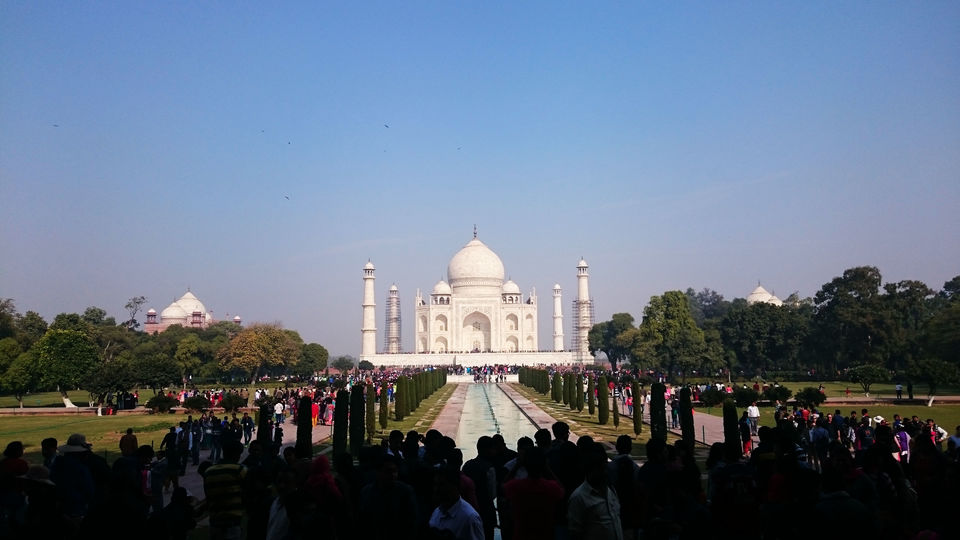
Red Fort Complex
Red Fort Complex, also known as Lal Qila is a palace fort built in the 17th century by Shahjahan, as part of his new capital city of Shahjahanabad. located to the north of Delhi. It represents the glory of the Mughal rule and is considered the Highpoint of Mughal architectural, artistic aesthetic creativity. The architectural design of the structures built within the fort represents a blend of Persian, Timuri and Indian architectural styles
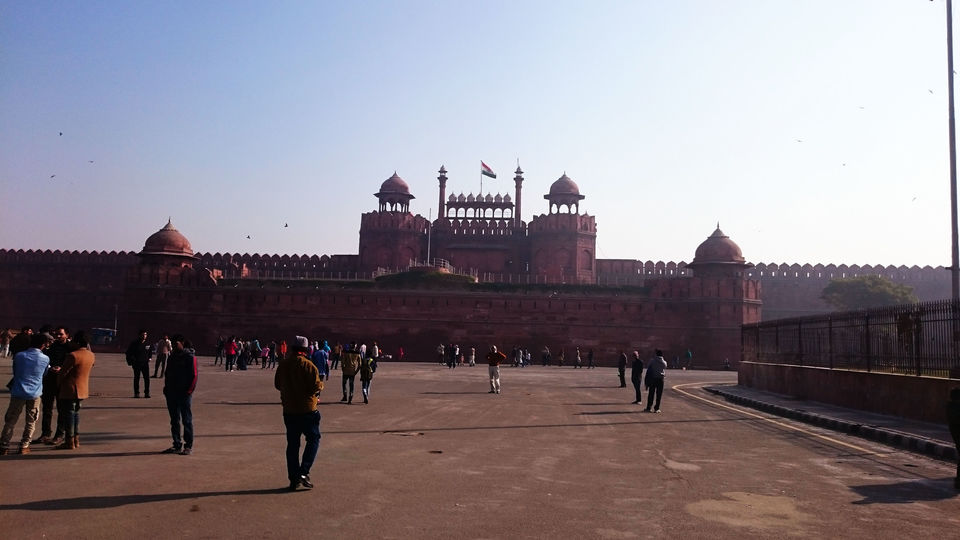
Qutb Minar and its Monuments, Delhi
Qutb Minar and its Monuments, Delhi, is a complex with the Qutb Minar as the centre piece, which is a red sandstone tower standing tall at the height of 72.5 metres. Built in the beginning of the 13th century, the complex of structures comprises the Alai Darwaza Gate , the Alai Minar, the Qubbat-ul-Islam Mosque, the tomb of Iltumish, and an Iron Pillar.
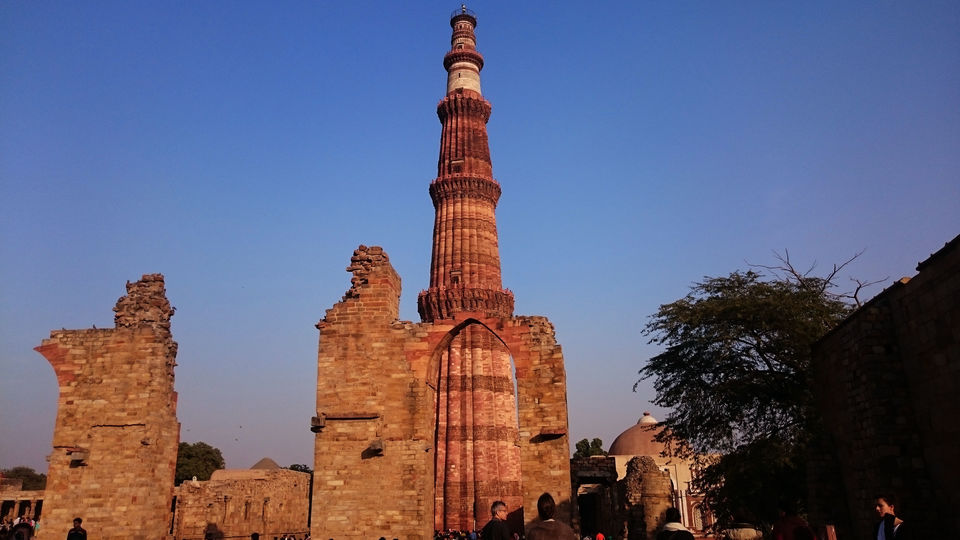
Khajuraho Group of Monuments
The Khajuraho Group of Monuments are one of the UNESCO World Heritage Sites in India. The temples are famous for their Nagara-style architectural symbolism and their erotic sculptures. Most Khajuraho temples were built between 950 and 1050 by the Chandela dynasty.
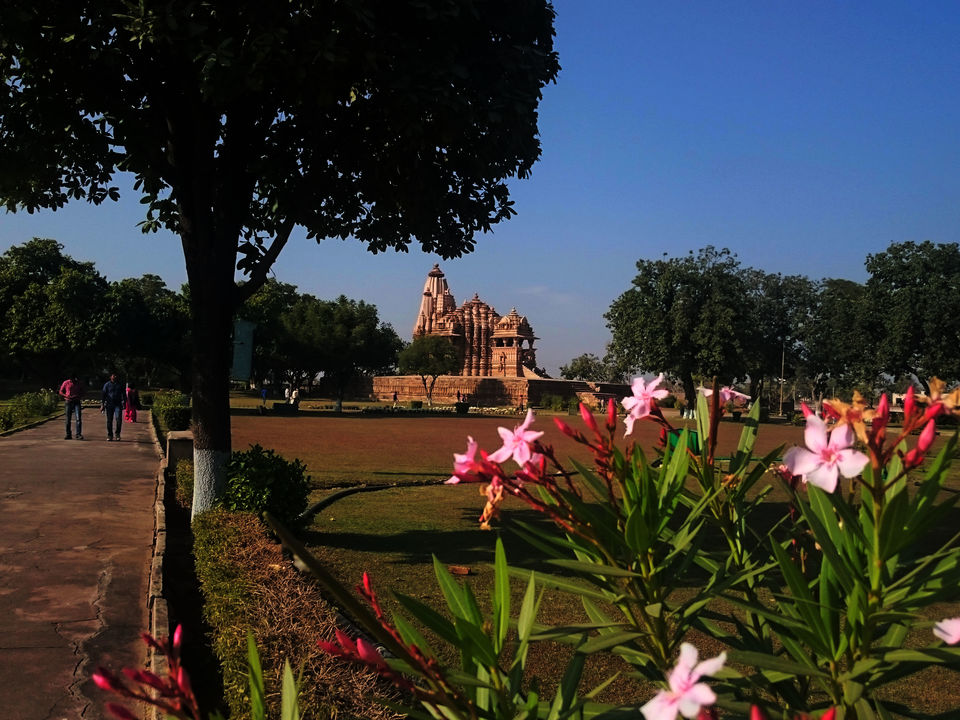
Mountain Railways of India
The Mountain Railways of India are the Darjeeling Himalayan Railway, the Nilgiri Mountain Railway and the Kalka-Shimla Railway under the UNESCO World Heritage Site. However, the Mountain Railways of India are five railway lines built in the mountains of India in the 19th and early 20th centuries, during the British Raj, which are run even today by the Indian Railways.
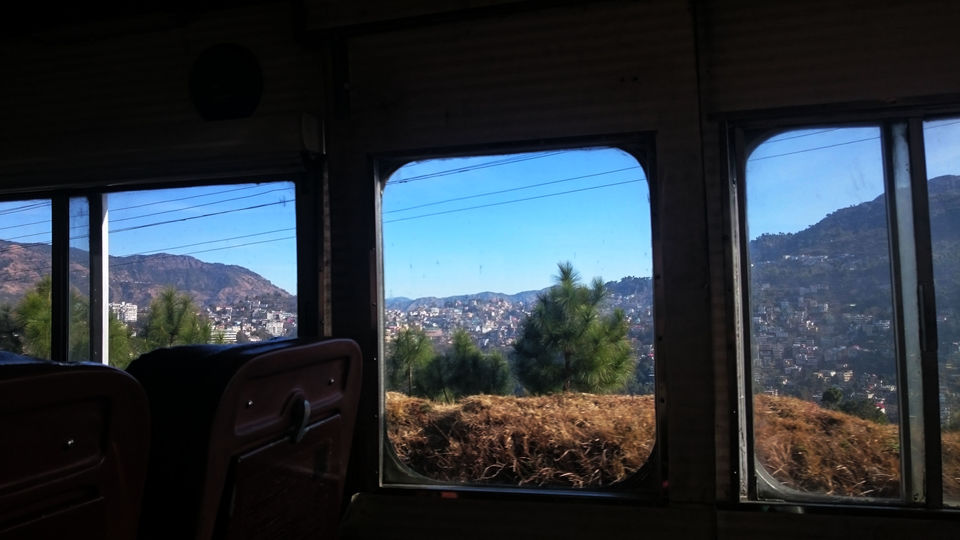
Humayun’s Tomb, Delhi
Humayun’s Tomb, Delhi, Beautifully designed at the centre of luxurious gardens with water channels, was the constructed even before the Taj Mahal. . It was built in 1569–1570 by the second Mughal Emperor Humayun’s widow Biga Begum. Its architecture is credited to Mirza Ghiyath and its Mughal architectural style has been acclaimed as the "necropolis of the Mughal dynasty" for its double domed elevation provided with Chhatris.
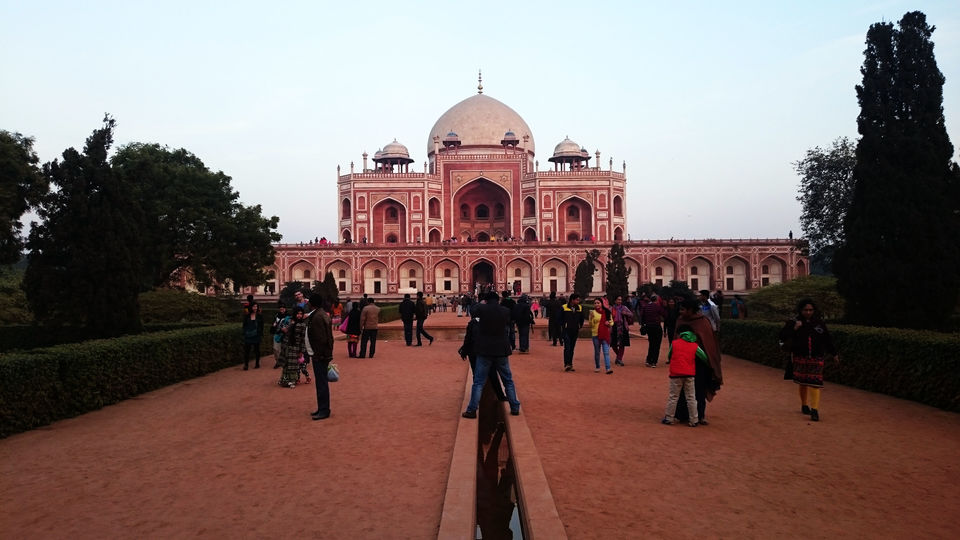
Champaner-Pavagadh Archaeological Park
Champaner-Pavagadh Archaeological Park, a UNESCO World Heritage Site, is located in Panchmahal district in Gujarat, India. It is located around long lost kingdom of Champaner, a city which was built by Sultan Mahmud Begada of Gujarat.There are palaces, entrance gates and arches, mosques, tombs and temples, residential complexes, agricultural structures and water installations such as stepwells and tanks, dating from the 8th to the 14th centuries.

Hampi
The Group of Monuments at Hampi comprise ostentatious Hampi town, on the banks of the river Tungabhadra in Karnataka. Hampi subsumes the ruins of Vijayanagara, which was the former capital of the powerful Vijayanagara Empire. Dravidian temples and palaces abound in Hampi.

Ajanta Caves
Ajanta Caves is also a cultural heritage site, Ajanta Caves are Buddhist caves that were built in two phases, the first phase was from the 2nd century BC and then during the 5th and 6th centuries AD of the Gupta period. The caves depict richly decorated paintings, frescoes, which are reminiscent of the Sigiriya paintings in Sri Lanka and sculptures. As a whole, there are 31 rock-cut cave monuments which are unique representations of the religious art of Buddhism.

Ellora Caves
Ellora Caves also known as Ellora Complex consists religious arts of Buddhism, Hinduism and Jainism. These are 34 monasteries and temples sculpted contiguously into rock walls of a high basalt cliff. The Kailasa temple architecture is different from any other monument because it was craved from top to bottom.
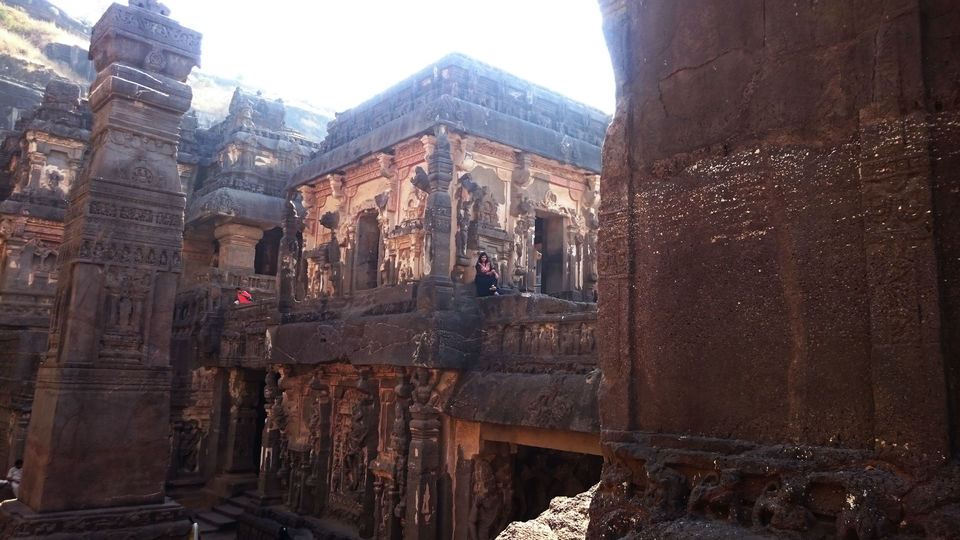
Western Ghats
Western ghats (also known as Sahyadri) is a mountain range that runs parallel to the western coast of the Indian peninsula, located entirely in India. It is a UNESCO World Heritage Site and is one of the eight "hottest hot-spots" of biological diversity in the world. It is sometimes called the Great Escarpment of India.The range runs north to south along the western edge of the Deccan Plateau, and separates the plateau from a narrow coastal plain, called Konkan, along the Arabian Sea. A total of thirty nine properties including national parks, wildlife sanctuaries and reserve forests were designated as world heritage sites - twenty in Kerala, ten inKarnataka, five in Tamil Nadu and four in Maharashtra.
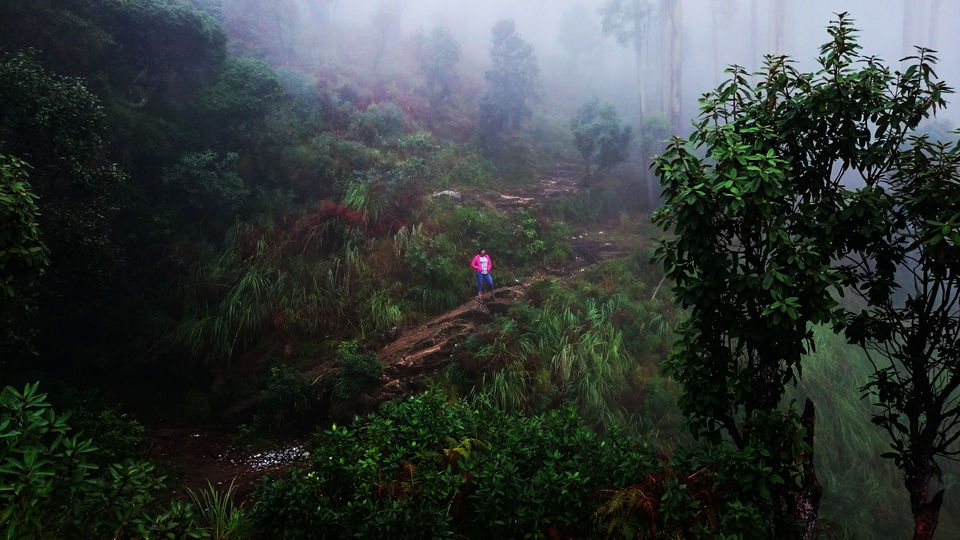
The Great Himalayan National Park
Great Himalayan National Park at Kullu, Himachal Pradesh, Known for beautiful high alpine peaks, alpine meadows and riverine forests. The property includes the upper mountain glacial and snow melt water source origins of several rivers, and the catchments of water supplies that are vital to millions of downstream users.
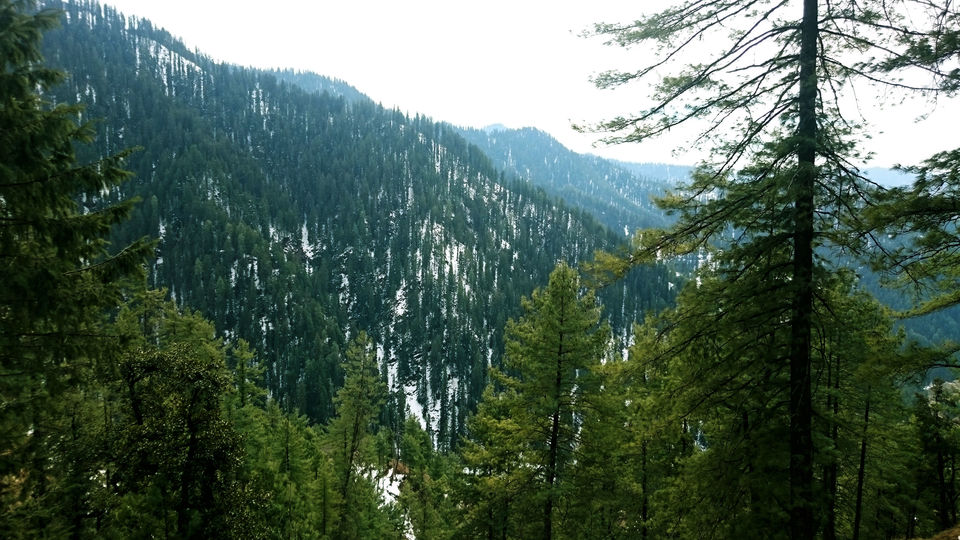
Apart from these India is proud to have 23 more world Heritage sites. There are total 35 World Heritage Sites in India that are recognised by the United Nations Educational, Scientific and Cultural Organization (UNESCO). India ranks 7th on the List of Countries With The Most UNESCO World Heritage Sites.
Frequent searches leading to this page:-














